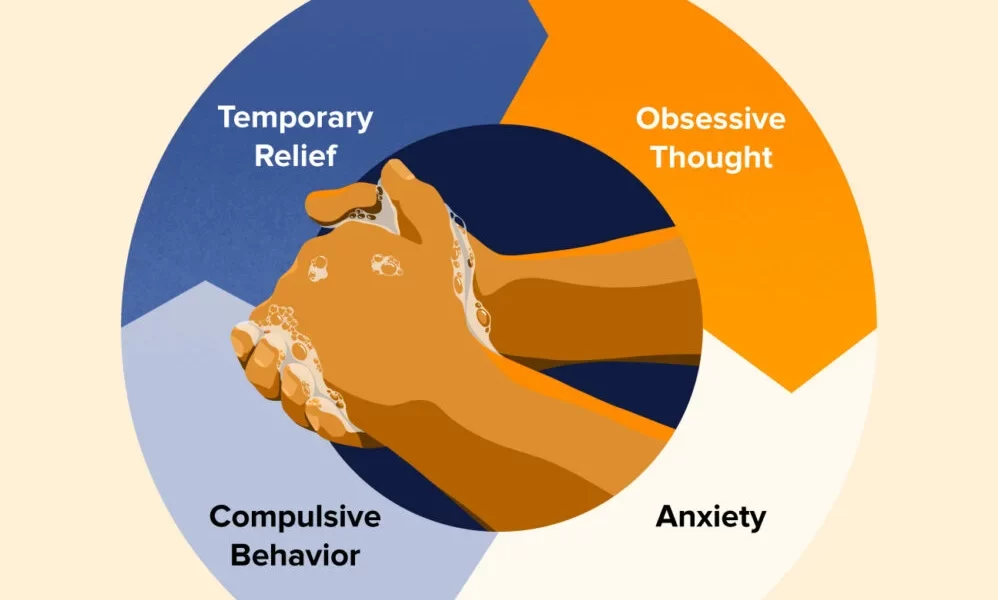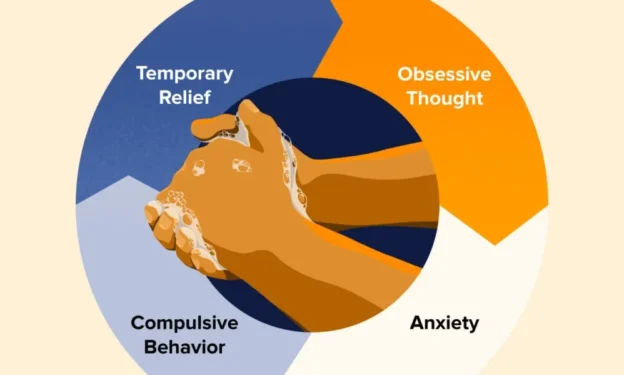OCD – The best treatment is at Dr Raos, Guntur
Introduction
Obsessive compulsive disorder (OCD) is a mental disorder in which people have unwanted and repeated thoughts, feelings, images, and sensations (obsessions) that drive them to do something over and over again (compulsions). Looking for the best psychology or psychiatry specialist in Guntur, look no further than Dr Raos hospital, Guntur, Andhra Pradesh; Dr Rao is the best neurosurgeon in Guntur, Andhra Pradesh and India.
causes
There are many possible causes of OCD, but the exact cause is unknown. It is thought to be caused by a combination of genetic and environmental factors. OCD may be caused by changes in the brain. One theory is that OCD is caused by an imbalance of the brain chemical serotonin. Serotonin is a neurotransmitter that helps regulate mood and anxiety. A change in serotonin levels may play a role in the development of OCD. Environmental factors, such as stress, may also play a role in the development of OCD. Stressful life events, such as the death of a loved one or a divorce, can trigger OCD symptoms.
symptoms
There are many different symptoms of OCD, and they can vary from person to person. Some people with OCD may have very noticeable symptoms, while others may not. The most common symptom of OCD is excessive hand-washing. This can be anything from washing your hands several times a day to washing them dozens of times an hour.
Other common symptoms include:
• Checking things repeatedly (such as locks, stoves, or lights)
• Counting, tapping, or repeating certain words or phrases
• Arranging things in a certain order or symmetry
• Excessive cleaning
• Hoarding
These are just some of the more common symptoms of OCD. If you think you may have OCD, it is important to speak with a mental health professional to get a proper diagnosis.
Diagnosis
There is no one test to diagnose OCD. A diagnosis is based on the person’s symptoms, medical and family history, and a psychological evaluation. A mental health professional will ask about your thoughts, feelings, and behaviors. He or she will want to know how much time you spend on your obsessions and compulsions and how much they interfere with your life. The mental health professional may also ask if you have any other mental health conditions, such as anxiety or depression. Your doctor may do a physical exam to rule out other conditions that could be causing your symptoms. He or she may also order lab tests, such as blood work or a thyroid test. If you have OCD, you usually realize that your obsessions and compulsions are unreasonable. But you feel powerless to stop them. Treatment can help you control your symptoms so they don’t control you.
treatment
There are a number of different treatment options available for those suffering from OCD. The most common and effective treatment is a type of cognitive behavioral therapy known as exposure and response prevention (ERP). This therapy involves gradually exposing the patient to the things that trigger their OCD symptoms and then teaching them how to resist the urge to perform their compulsions. Other treatments for OCD include medication, such as antidepressants, and various types of psychotherapy. In some cases, patients may also benefit from hospitalization or day treatment programs.
Deep Brain stimulation
Deep brain stimulation (DBS) is a surgical procedure used to treat a variety of movement disorders, including Parkinson’s disease, essential tremor, and dystonia. DBS involves implanting a small device called a “brain pacemaker” in the brain. The brain pacemaker sends electrical impulses to specific areas of the brain that are involved in movement control. DBS is usually considered when other treatments, such as medication and physical therapy, have failed to provide relief from symptoms. DBS is a relatively new procedure, and its long-term effects are not yet known. DBS is a complex surgery that should be performed by a team of experienced medical professionals. The risks of DBS include infection, bleeding, stroke, and seizures. DBS is an invasive procedure and should only be considered after all other treatment options have been exhausted.
Conclusion
The conclusion of this article is that obsessive compulsive disorder is a real and serious mental illness that should be taken seriously. If you or someone you know is suffering from OCD, please seek professional help. Looking for the best psychology or psychiatry specialist in Guntur, look no further than Dr Raos hospital, Guntur, Andhra Pradesh; Dr Rao is the best neurosurgeon in Guntur, Andhra Pradesh and India.


